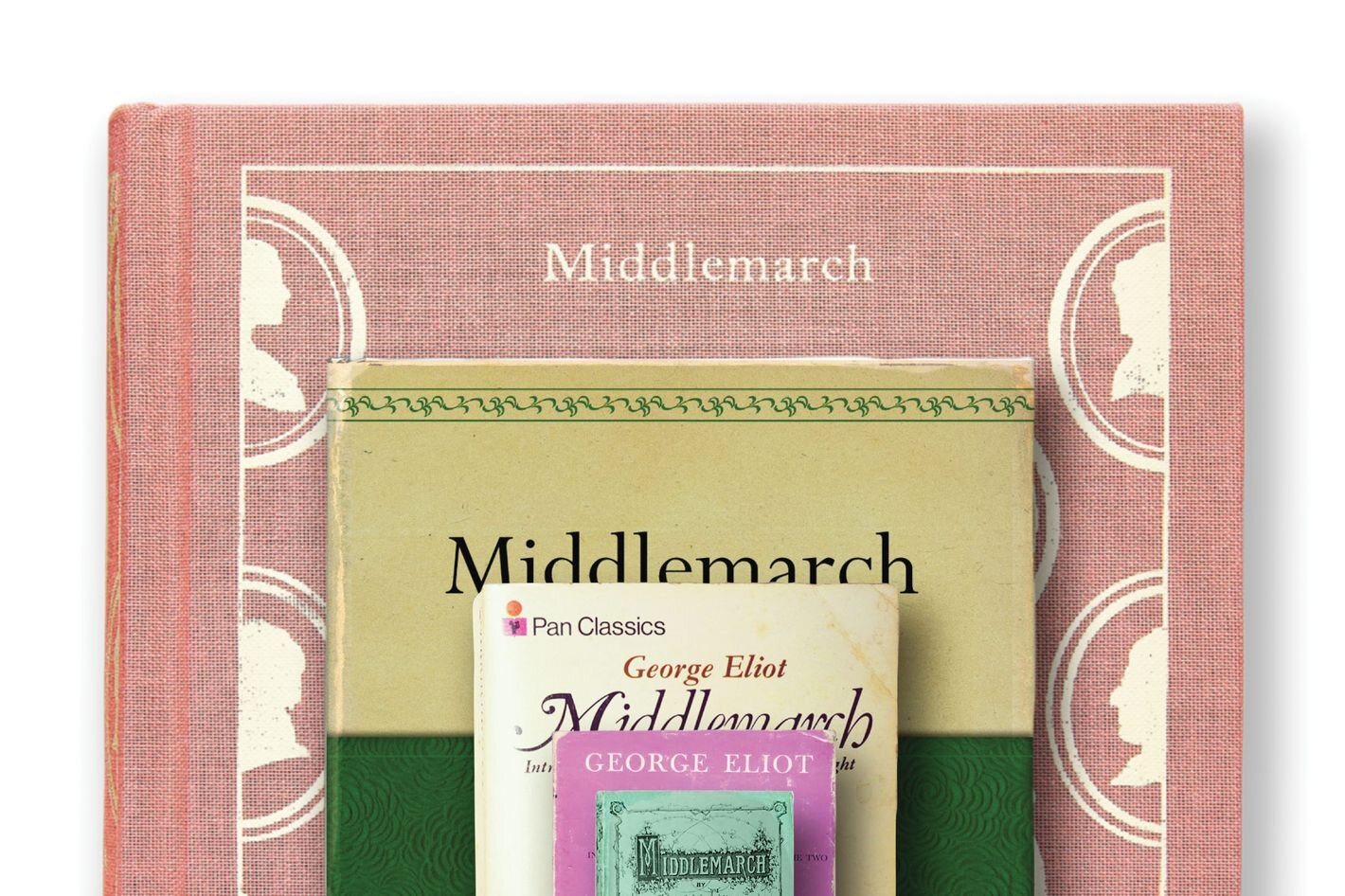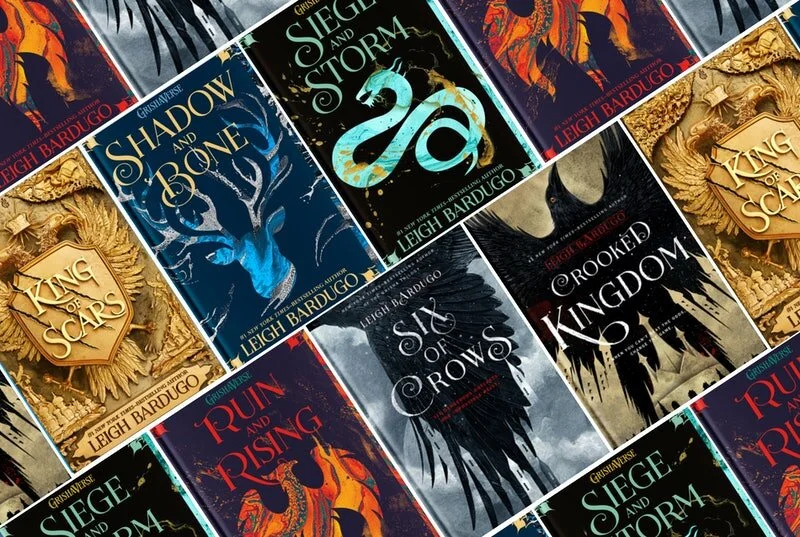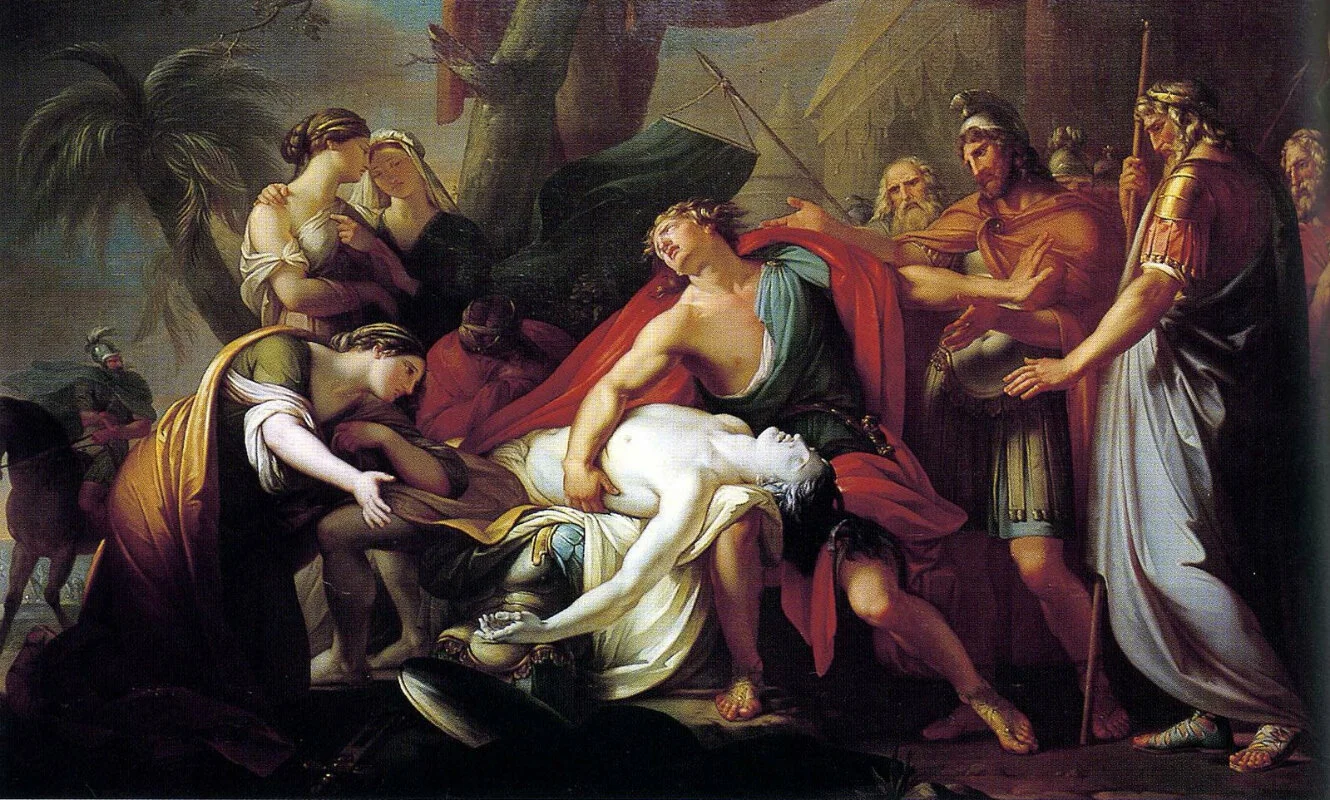AMERICAN RAPTURE: An interview with Jordan Claire McCraw
by Amanda Larney
Jordan Claire McCraw showed up to our interview wearing a cocktail dress over Calvin Klein sweatpants, immediately rushing to apologize and explain that she had spent the day auditioning. What soon became clear to me, however, was that regardless of its practical justification the outfit was fairly emblematic of who Jordan is. She is a woman who, for a long time, had primarily valued herself based on the amount of beauty she was able to display at any given moment, yet who underneath had struggled to be comfortable in her own skin.
Jordan's debut poetry collection, American Rapture: Poems from a Heartscape, grants the reader the privilege of accompanying her in that grueling, multi-faceted journey towards self-acceptance. Her story is one of hope that regardless of one's traumas, it is possible to heal. Now, she turns to using her newfound voice to heal other women who have similar scars to her own.
I would say that at its core, the book is about breaking patterns. Breaking the pattern of abuse that your mother enacted on you, by being better for your son, and breaking the pattern of being attracted to those who model the example of love that your mother set. What is the day-to-day work of ensuring those patterns stay broken?
I think the primary thing I do to break the pattern is to always be honest. There is brokenness everywhere, but if it's not owned, dealt with, and addressed, that's when it becomes a cancer. So my number one policy is to own my broken. To apologize when I'm sorry, to preempt my crazy with an explanation of how I will make it up to everyone later if they just put up with the next 20 minutes…to take responsibility for my imperfect-ness. Not only so that I model humility for my son, but so he appreciates my humanity. My hope is that then, he will see that he too can be human. If I pretend to be perfect, that's a terrible example to set for an impressionable mind.
What was your journey of education towards realizing that you had been the victim of these abusive relationships?
You know, I had no idea in my teenage years what was happening in my childhood home. I internalized all of it. Now that I've had extensive experience working with young people, I realize that in some respects I was a child carer to adults with severe mental health issues. At the time, there was no discussion of that in my house and I'd had no exposure to mental health. It wasn't until two years after taking AP Psychology that I realized there was something wrong with me…I had not yet identified problems in my environment. It took me about two years to process what I had learned in AP Psych, to go from thinking "Gosh, this is all so interesting," to recognizing unhealthiness in my own life.
What happened was that in my sophomore year of college while pursuing a poetry degree, I stopped being able to write. Then, about a week later I realized, "Oh, it's because I can't feel anything." I kept thinking, "Well, this is strange, why can't I feel anything." Think - think, think some more - boom, AP Psychology came back enough to spark a realisation: "Oh my God, I think I have depression." I'm making this sound like the depression came on all of a sudden, but obviously it had not. I had gained an extortionate amount of weight, but was also bulimic, so I had a very unhealthy relationship with food. I lived in fear of situations that were going on at home, and that fear dominated my life. I was a total perfectionist, getting two degrees and a minor in the honors college on a full scholarship while working three jobs. When I realized I couldn't do all those things, be perfect at them, and stay skinny, I thought I didn't deserve to live. I genuinely believed that, and that's what slid me into depression, but it was all subconscious. I had not processed anything deeply up to that point. The things I learned in high school AP Psychology planted a seed, eventually enabling me to seek help in the form of therapy.
The book is, obviously, intensely personal. What moved you open to sharing these intimate parts of yourself?
I was a high school teacher in England for many years, and when I was teaching in England, sharing one's own political perspective as an educator was discouraged. This was very different from the education I had in the United States; when I was in high school, all of my teachers were very political and engaged, so it was alien to me when I was in the British schools to feel like I had to hide these parts of myself that made me an independent thinker. Young people need role models, they need to see the adults around them passionately caring about things. As an educator, I felt like I should model humanity, and I couldn't fully do that if I was meant to withhold my own ideas from my work. I wasn't trying to indoctrinate anyone, of course- I just wanted to demonstrate uniqueness, passion and a commitment to authentic living. I think those same values persist in my work today…even though I am finally telling my own story and making my own art, rather than helping young people to do that. My driving motivation is still to uplift other people, and I find it so healing; the primary reason I want to create things is so that my work can free someone else. As an author, poet and performance artist at this point in my life, my work not only permits honesty and vulnerability- finally, at long last, my work requires it.
Were there any cultural myths that you especially wanted to dispel through this book?
Yes. In Western culture, there is the misconception that attachment should be perpetually positive, or the attachment has failed. So, for example, we have the Pampers narrative with motherhood- that it's a beautiful, happy thing all the time. We also have the Hollywood romance narrative- that you meet your best friend who's also your soulmate, great in bed, and can provide for you but they don't need to because you can already provide for yourself. We have all these fantasies about attachment, and I believe that does a disservice to the relationships in our lives that are real.
In the book, I write about the dissolution and then the resolution of my marriage. I write about how difficult it was to become a mother. However, I still consider myself to be a marriage and partnership advocate, as well as the most loving mom in the world. The reality is that it would be a disservice to those relationships to not honor their authentic, raw and complicated truths. I have never met another person whose marriage or partnership is straightforward, who hasn't gone through some really terrible downturns…people just feel like they have to hide it, and they feel ashamed. I‘ve also never met another mother who doesn't, metaphorically or otherwise, occasionally want to throw their spatula against a wall and shout, "I HAVE A MASTER'S DEGREE!" Women get frustrated, and we are entitled to feel frustration without shame. It’s human. And we can only heal ourselves from a place of honesty.
I really care about my relationships and I want to do justice to their authentic truths, to honor what they really are. I think maybe if we were all able to do that, if we were able to distance ourselves from those narrative-driven fantasies and embrace how grotesquely imperfect life is, then so many marriages might not end and so many mothers might not quietly feel like failures.
How has the way you define yourself changed since you wrote the book?
When I was writing the book I was initially writing it in private, and I was writing it to stay alive. I was writing it to rediscover my voice after having just fallen into a black hole. When there was nothing left of me, when I hit rock bottom in my early 30s and I was hospitalized, what I didn't see at the time- but what I see now- was that falling apart was an incredible blessing. I was given the chance to start over and to rebuild myself from scratch, basically to rebirth myself. It was only upon completing the book and deciding to share it with the world that I realized how brave I had been to write it, because really, I felt the opposite of brave. Initially, I was just writing on napkins in the hospital or on a Greyhound Bus, trying to keep breathing. I'm so proud to think that one of the ways I have best saved myself is by leaving a trail of breadcrumbs in the woods for other people to follow and save themselves.
American Rapture: Poems From a Heartscape is available now wherever books are sold.














